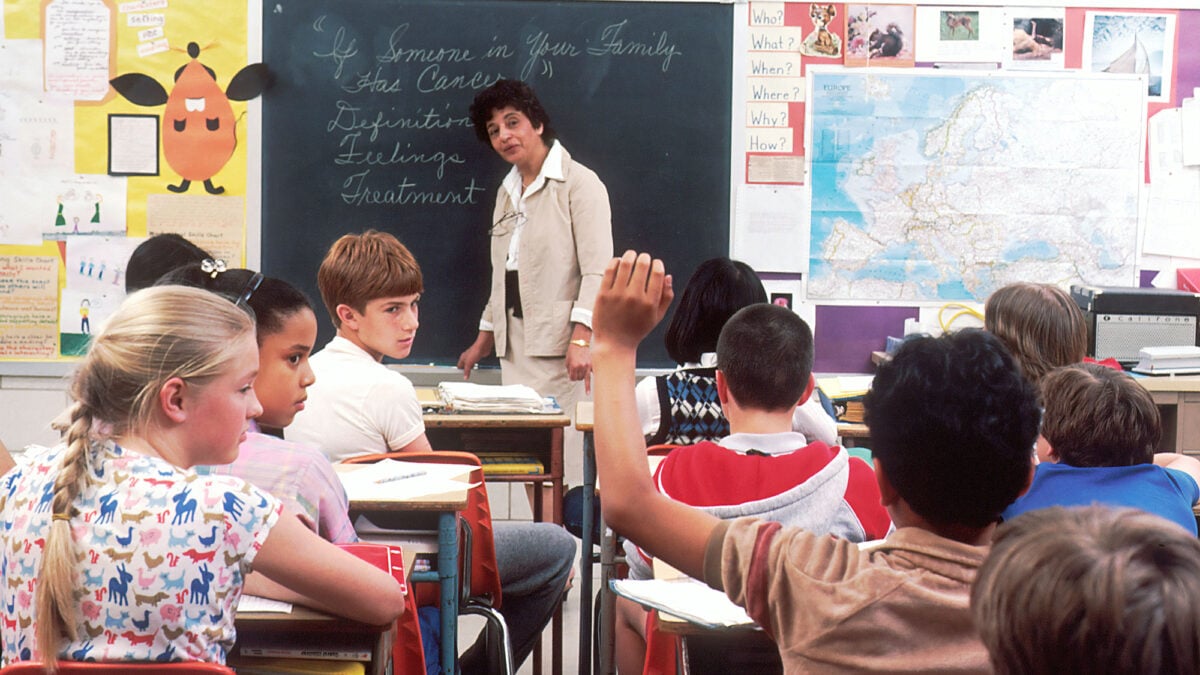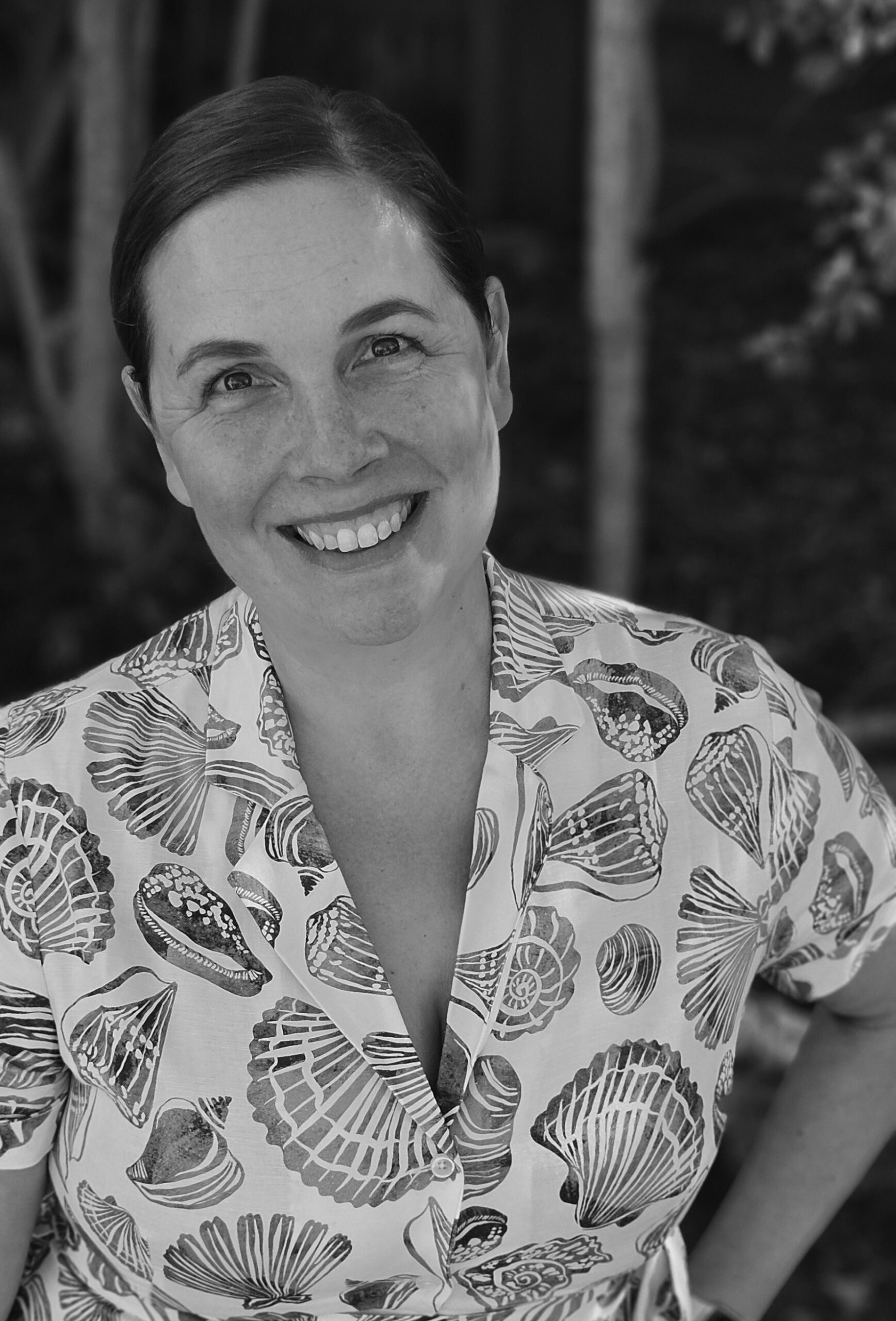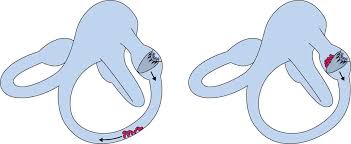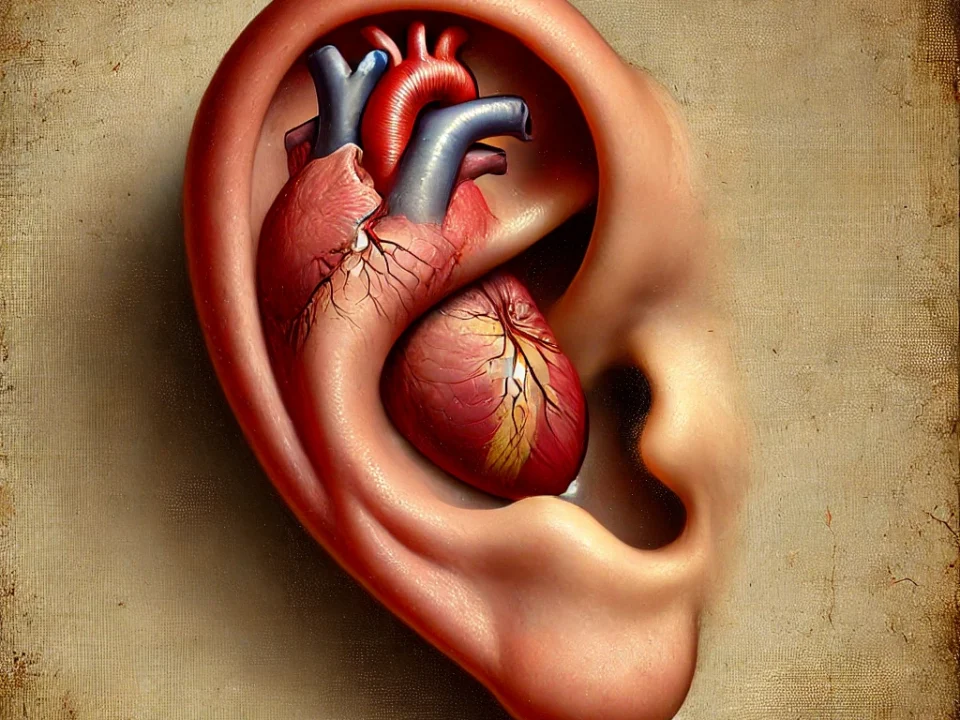
Is My Child’s Hearing Normal? A Parent’s Guide to Hearing Milestones
November 19, 2024
Surfer’s Ear: What You Need to Know
November 26, 2024For many parents, the first signs that something might be different about their child’s hearing often appear in everyday situations. Perhaps you’ve noticed your child struggling to follow conversations at the dinner table, or their teacher has mentioned they seem to have trouble following instructions in class. Your child might frequently ask “What?” even when sounds are audible or become frustrated during noisy social gatherings. These challenges might point to Auditory Processing Disorder (APD), a complex condition that affects how the brain interprets and processes sound.
Understanding APD requires us to think about hearing differently. Imagine your child’s auditory system in a concert hall as a sophisticated sound system. Sound travels from the microphone (the ears) through the sound system (the auditory pathway) to the mixing board (the brain), where it’s typically processed and understood clearly. In children with APD, while the microphone works perfectly – meaning they can physically hear sounds – there’s a disconnect in the mixing board. The sound arrives but gets jumbled in processing, making it difficult to interpret and understand what’s being heard.
The Impact on Daily Life
The challenges of APD often become most apparent when children begin school. Picture a typical classroom – the teacher’s voice mingles with the scratch of pencils, the air conditioner’s hum, whispered conversations, and chairs scraping against the floor. For a child with APD, filtering out these background noises to focus on the teacher’s voice can be exhausting and sometimes impossible. It’s like trying to follow a conversation in a busy restaurant where all voices seem equally loud and important.
These difficulties extend far beyond the classroom walls. Social situations that should be enjoyable, like birthday parties or family gatherings, can become sources of stress and confusion. Children with APD might miss the nuances in their friends’ jokes or fail to pick up on the emotional tone in someone’s voice. Simple conversations become complex puzzles as they work harder than their peers just to keep up with everyday interactions.

The Academic Journey
School presents unique challenges for children with APD. Reading and spelling often become significant hurdles, as these skills rely heavily on the ability to process and manipulate sounds. A child might struggle to connect letter combinations with their corresponding sounds, making phonics-based reading instruction particularly challenging. Note-taking can feel overwhelming, requiring them to listen to the teacher while simultaneously writing down information – a complex juggling act of processing and responding.
Language classes might feel particularly daunting, as distinguishing between similar sounds in a new language requires precise auditory processing skills. Even music classes, which should be joyful creative outlets, might become sources of frustration as children struggle to follow rhythm or distinguish between different musical tones.
Recognising the Signs
Parents often describe a pattern of behaviours that emerge over time. Their child might appear to be selectively listening – responding perfectly well in quiet, one-on-one conversations but becoming lost in group settings or noisy environments. They might notice their child watching others carefully before following directions, suggesting they rely on visual cues to compensate for auditory processing challenges.
According to the respondents who participated in a study by Neijenhuis, de Wit, and Luinge (2017), symptoms of APD which are characteristic in children with listening difficulties, and are typically problematic with adolescents and adults, include:
- Difficulty hearing in noisy environments
- Auditory attention problems
- Understanding speech more easily in one-on-one situations
- Difficulties in noise localization
- Difficulties in remembering oral information
Fatigue is another common indicator. Processing sound requires significantly more energy for children with APD, leading to exhaustion after school or social events. This tiredness might manifest as irritability, withdrawal, or resistance to participating in activities that require sustained listening.

The Path to Understanding
Diagnosing APD requires a comprehensive approach. Unlike a standard hearing test, which simply measures the ability to detect sounds, APD assessment looks at how effectively the brain processes the information it receives. The assessment process involves various specialised tests that examine different aspects of auditory processing, from how well a child can understand speech in noise to their ability to recognize patterns in sound. This detailed evaluation helps create a clear picture of exactly how a child’s auditory processing system is working and where support is needed.
Supporting Children with APD
The journey of managing APD is not about finding a quick fix but rather developing a toolkit of strategies and supports. Environmental modifications play a crucial role – simple changes like reducing background noise, ensuring clear sight lines to speakers, and creating quiet study spaces can make a significant difference in a child’s ability to process and understand information.
Auditory training programs help strengthen the brain’s ability to process and discriminate between sounds.
Technology can be a valuable ally. FM systems, which deliver a speaker’s voice directly to a child’s ears while reducing background noise, can transform the classroom experience. Recording devices for lectures, speech-to-text apps, and other assistive technologies can help bridge the gap between hearing and understanding.
Looking to the Future
Perhaps the most important message for parents and children dealing with APD is one of hope and possibility. With appropriate support and intervention, children with APD can develop effective strategies to navigate their auditory world. Many go on to excel academically and socially, finding their own paths to success.
The key lies in early identification and support. While APD presents real challenges, understanding the condition is the first step toward helping children develop the skills and strategies they need to thrive. Every child’s journey with APD is unique, but with patience, support, and appropriate intervention, they can overcome these challenges and reach their full potential.
At The Audiology Place, we’re committed to supporting families through every step of this journey, and our Audiologist Dr. Signe Steers has over 15 years of experience in the area of APD. From comprehensive assessment to ongoing support and management strategies, we work together to ensure that APD doesn’t define or limit your child’s future. We understand that each child’s experience with APD is unique, and we’re here to help create a path forward that works for your family.






